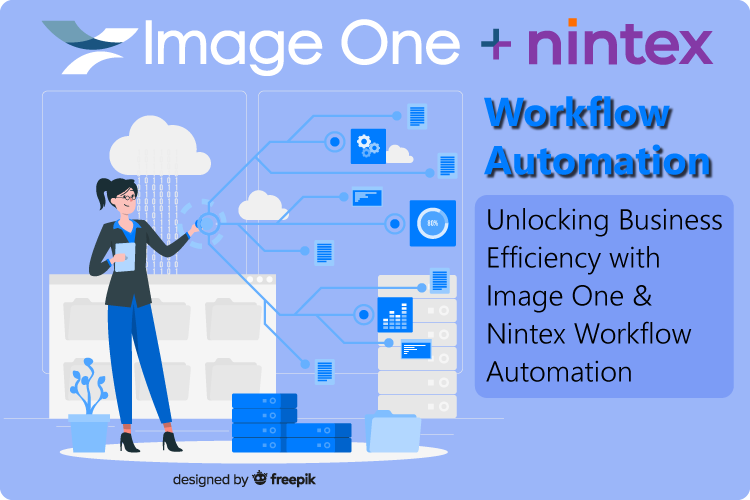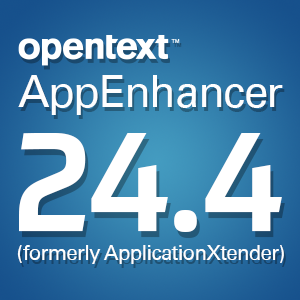Digitization preserves history, unlocks research opportunities
Wednesday, March 13, 2013Information is an organization's most valuable asset, and as firms look to preserve documents for disaster recovery, digitization provides a secure solution.
Museums and libraries across the country are capitalizing on the benefits of document imaging, which not only ensures that records are secure from any potential catastrophe, but also that information is easily accessible and searchable for research purposes. Information Today reported that the Smithsonian Institute recently began a digitization project that will make some of the museum's archives available through a searchable database. The Smithsonian's project extends beyond digitizing published magazines to make them more widely available: The museum's initiatives will also provide access to archival materials such as rare books, photographs and manuscripts that were previously unavailable to the public.
Searchability empowers insight
The project will allow the museum's vast collections to be securely preserved in an electronic format which, due to new intelligent capture and search capabilities, can provide an enhanced research experience for knowledge seekers. Information Today explained that while digital versions of Smithsonian publications are available on the museum's website, there is no metadata attached and the site's search functionality is basic. The new database will incorporate more complete versions of the files that are cross-searchable and provide a richer viewer experience. Frank Menchaca, executive vice president of research solutions at Cengage Learning, is optimistic about the research potential that will result from this digital transition. Term cluster and cross-referencing tools will empower new insights and discoveries in mining data from disparate sources, allowing researchers to identify patterns.
Making information more available
The University of North Texas has similar objectives for its recent digitization initiatives, which, according to The Miami Herald, will provide a portal into the state's history. As a result of scanning thousands of books, maps, photographs and newspapers, anyone with a computer will be able to search the collection of 127,604 archived records dating back as early as the 1820s. Ana Krahmer, supervisor of the digital newspaper unit at UNT libraries, explained that preservation was a strong consideration in the implementation of this project as the university sought to protect records from being lost or destroyed.
"Newspapers are the archeological records of a town or city," Krahmer told the news source. "A loss of one day – one issue – is a loss of that history."
Users are able to quickly search for files, download them or even share the information on social sites. Further, the portal will allow other universities and libraries with limited resources to access the archives.
Brought to you by Image One Corporation providing complete information governance since 1994.




